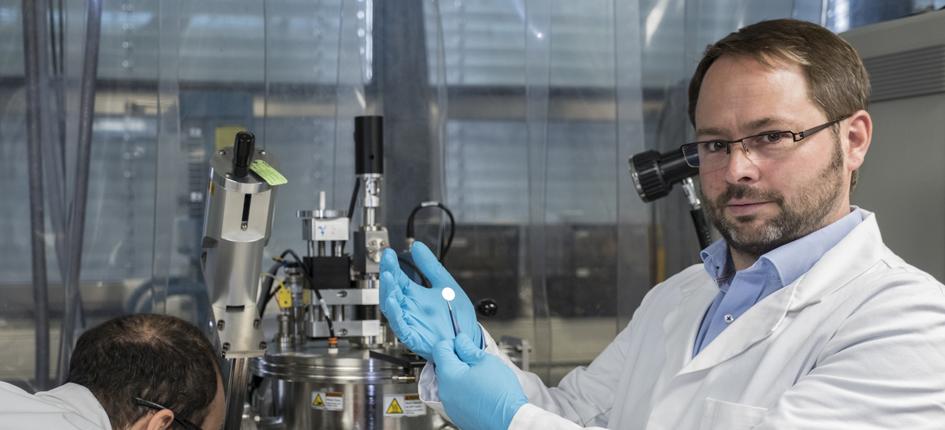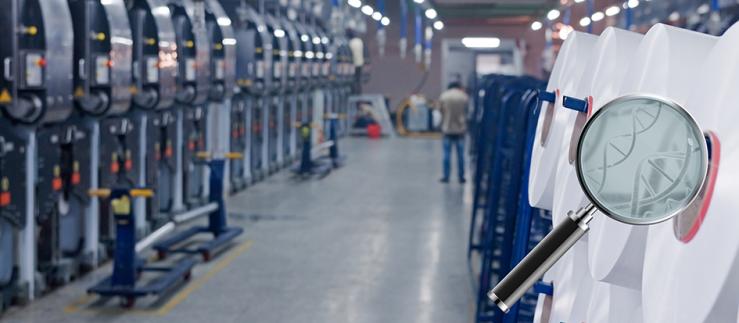At the moment, batteries for electric cars are predominantly manufactured in Asia, as explained by the Swiss Federal Laboratories for Materials Science and Technology (Empa) in a press release. Empa believes a “technological leap to solid-state batteries” is imminent, which, the press release subsequently explains, would offer the chance to “bring this key technology to Europe”.
Together with Fraunhofer-Gesellschaft in Germany, Empa is conducting research into the development of the next generation of drive batteries for electric cars. As part of this joint venture, Empa is responsible for the development of the chemical-physical basis of the solid-state batteries, while Fraunhofer Institute for Silicate Research (ISC) is bringing its experience in process development and battery cell production to the table.
In the press release, Empa explains how solid-state batteries could potentially outperform the conventional, modern lithium-ion batteries of today in terms of operational safety, size and weight, but also with regard to energy densities and charging times. Pierangelo Gröning, Member of the Board of Directors at Empa, was quoted in the press release, stating that “lithium-ion solid-state batteries are highly complex constructions and present a huge challenge in terms of materials science”. The press release reports that the individual components have been “thoroughly investigated under laboratory conditions”, although they would still need “to be brought together into a stable complete system.”







